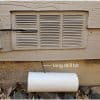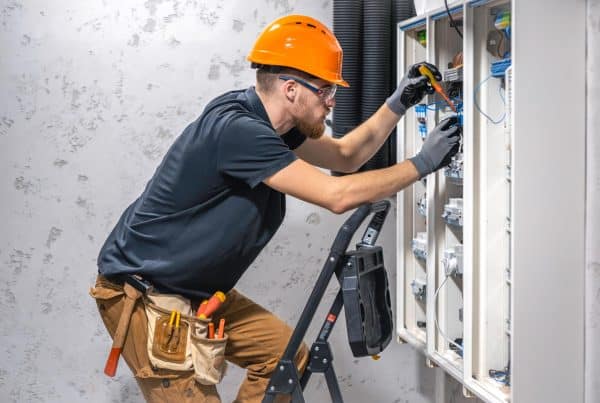If you’re unfamiliar, a heat pump is a device that transfers heat energy from one place to another, often using pipes filled with refrigerant fluid. In the winter, a heat pump can extract heat energy from the outside air and use it to heat your home. In the summer, it can extract heat energy from the inside of your home and use it to cool your home. Heat pumps can be used to heat or cool a single room or your entire home. However, you need to choose the heat pump that is appropriate for your property if you want to get the most out of your investment. If you’re in need of advice, keep reading to find out how to choose the right heat pump for your home.
How can you choose the right heat pump for your home?

Choosing the right size heat pump for your home is a key decision that can have an impact on your energy bills and comfort levels. It’s a good idea to check out a heat pump sizing guide before making any decisions. Before deciding on a size, measure the square footage of living space that needs to be heated/cooled by the system and use this number along with its corresponding BTU (British Thermal Unit) rating from a reliable source like Energy Star’s website in order to determine what size system will best accommodate your needs. This measurement helps calculate just how powerful and efficient an HVAC system must be based on its intended usage area
You should consider energy efficiency ratings when choosing a heat pump as well. Energy-efficient heat pumps are designed to operate more economically than other models, reducing the total amount of energy required to produce comfortable temperatures in your home. Pay attention to technical performance ratings such as Seasonal Energy Efficiency Ratio (SEER), Heating Seasonal Performance Factor (HSPF), and Sound Rating Levels (SL). SEER measures how efficiently a system cools a space while HSPF measures how efficiently it heats a space; both should be considered when purchasing a new unit as high numbers mean improved efficiency.
Remember, in order to keep your heat pump in good working order, you need to be proactive about regular maintenance. That includes having the entire system inspected at least once annually. You should also have your HVAC system’s filters changed at least once every 90 days, though many homeowners prefer to change theirs on a monthly basis to ensure peak performance.
What else can you do to maintain your preferred indoor temperature?

There’s no doubt that a heat pump will be your home’s first line of defense when it comes to maintaining your preferred indoor temperature, but there are other things you can do as well. For example, you should check the condition of your windows and doors regularly to ensure that there are no air leaks. Cracks and crevices can let in outdoor air and moisture, which can affect your indoor environment and cause damage. Seal any flaws with caulk or weatherstripping immediately and call a contractor if they need more substantial work.
Another option is to upgrade to a smart thermostat. They can be programmed to automatically adjust the temperature based on your schedule and preferences, which can limit your energy usage and save you money. Additionally, a smart thermostat can provide valuable insights into your energy usage. They can track how much energy you use and when, so you can even optimize your energy usage to be as eco-friendly as possible. You may not be planning to sell anytime soon, but smart technology is also appealing to home buyers.
Overall, selecting the right heat pump for your home is a major decision that can have a lasting impact on your comfort and energy costs. It is necessary to consider the size and efficiency rating of the heat pump, as well as the climate in which you live, in order to make the best choice for your family. Beyond selecting the right heat pump, there are other steps you can take as well so your home will always be set to your ideal temperature, like addressing any air leaks that may exist in your home and upgrading to a smart thermostat. Follow these tips and you’ll be cozy at home, no matter what the temperature is like outside.







